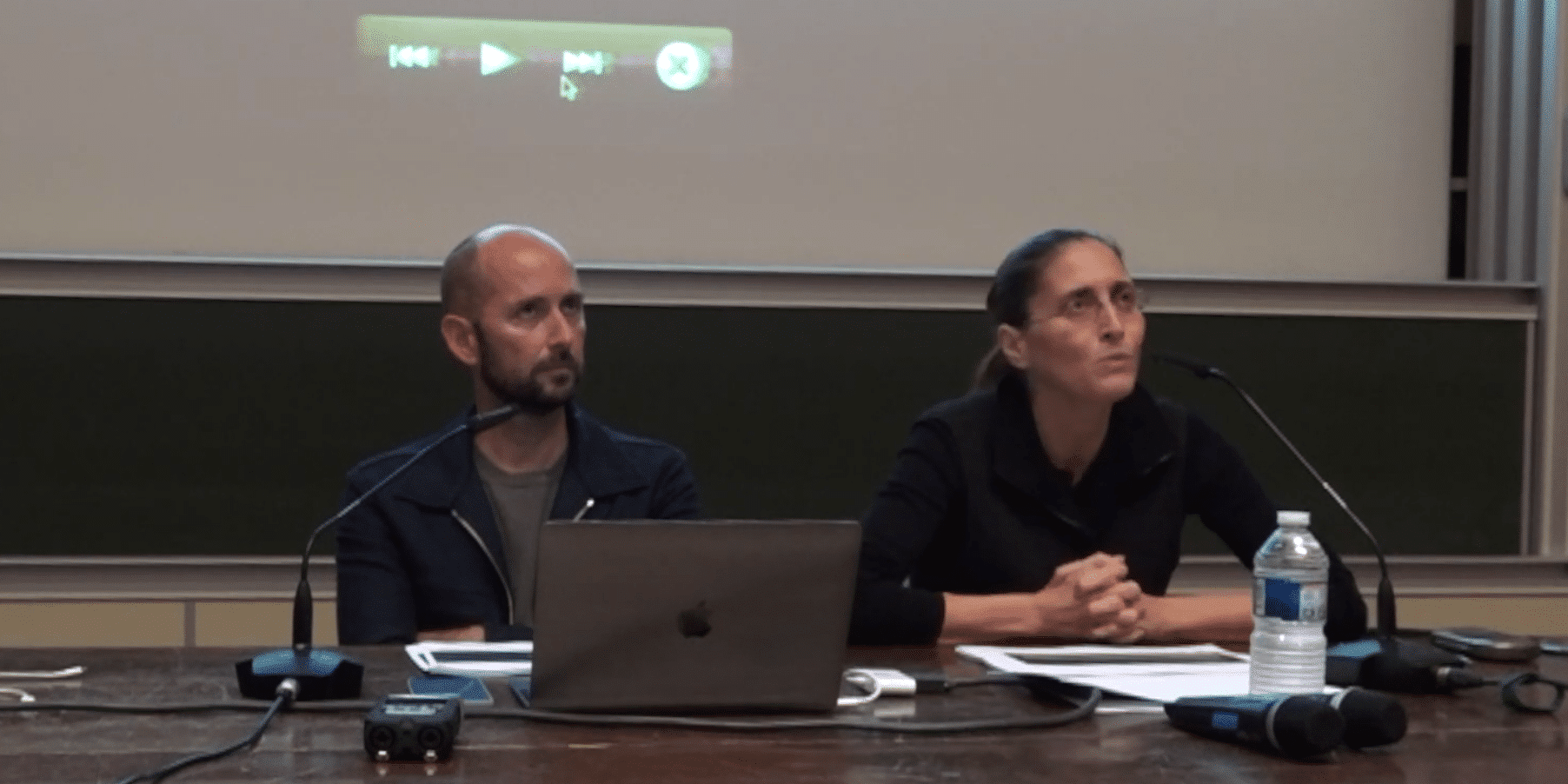by Cynthia Fleury, philosopher and psychoanalyst, professor at the CNAM, Humanities and Medicine Chair, and Antoine Fenoglio, designer and co-founder of Les Sismo.
By way of introduction to the seminar, and in order to clarify the notion of “Design with care” from the outset, we will attempt to answer the following questions: what is the meaning of our efforts to unite philosophy and design from a care perspective? Which historiographic tradition does our approach follow? In what way do the issues inherent to the modern age require an integrated approach to care (beyond the conventionally associated sectors, such as health or social care)? How can we ensure that our work is not only analytical but also operative and “actionable”? Which route will we take to achieve this (seminar outline) and on the basis of which principles (method and biases)?https://www.youtube.com/watch?v=Kgg88a_fAO4One of the common points between design and philosophy is the desire to make the world more liveable, by harnessing the effectiveness of approaches that originate in the field and in people’ s experience. Another is the ability to sometimes take a step back from rational discourse in order to give shape and words to things that are emerging, paradoxical, or ambivalent, but very real or in the making.
This is the shared belief that inspired Cynthia Fleury, philosopher and psychoanalyst, and Antoine Fenoglio, co-founder of the design agency Les Sismo, to create the “Design with care” seminar, which is intended to be a platform for dialogue and dialectics to address the concepts of care, habitability, ethics and vulnerability through the double lenses of design and philosophy.
This daring conviction is tempered with the conscious awareness that since the beginning, design has fed and continues to feed sales and marketing practices, all too often simply seen as a tool at the service of industrialisation and mass consumption. Rather than denouncing any contact between the designer and the business world, and therefore with the economic realities of his or her time, this introductory session will question what forms of resistances are possible to protect the designer from complete subjugation to the logic of the market. To this end, we will be looking at the designers who, over the last few centuries, have embodied and sometimes put forward theories about forms of resistance (William Morris, the members of the Bauhaus movement, Victor Papanek…). We will also explore corpora of philosophical works (Paul Ricoeur, Emmanuel Levinas, Hannah Arendt, Joan Tronto, etc.) that will provide a basis for designers concerned about the issues and impacts of their work to conceive of a relationship with their environment that is more responsible, more respectful and more attentive to the various forms of vulnerability, starting with that of their own creations

